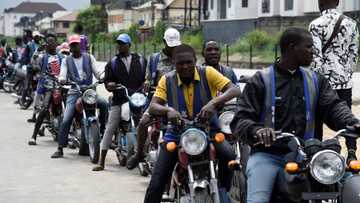Lagos Rank as One of The Most Expensive Cities to Live in Africa as Inflation, Poor Salary Hit Residents Hard
- A new data has ranked Lagos among the most expensive city in Africa amid rising inflation in the country
- Africa contains a total of 54 independent countries, 3 dependencies, and one disputed territory, according to the United Nations
- Dakar, Cape Town, and others were also included in the list of some of the most expensive cities in Africa
Lagos has been ranked as the 12th most expensive city to live in Africa out of 15 for the first quarter of 2022.
This is according to data compiled by Statista, a global statistics portal integrating diverse topics of data and facts into a single platform.
This is coming amid rising inflation in the country and the dwindling purchasing power of Nigerians.
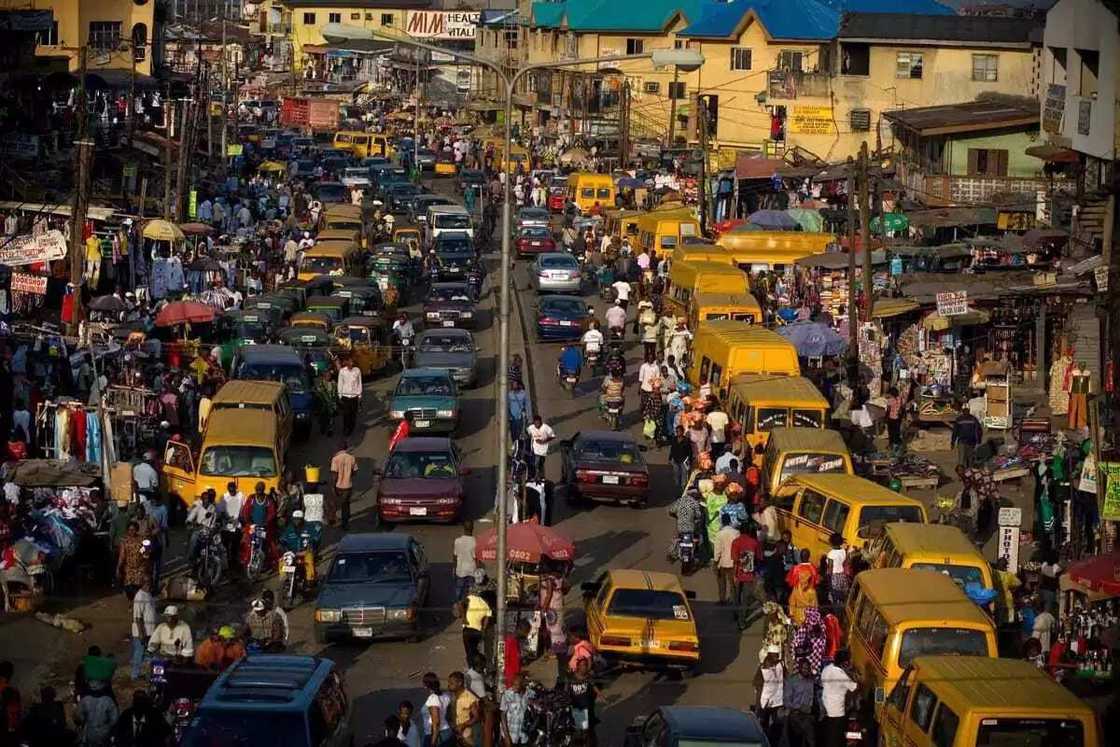
The ranking
Dakar, in Senegal, ranked as the most expensive city to live in Africa as of 2022, considering consumer goods prices. The Senegalese capital obtained an index score of 50.87, followed by Addis Ababa, in Ethiopia, with 50.49.
PAY ATTENTION: Join Legit.ng Telegram channel! Never miss important updates!
Morocco and South Africa were the countries with more representatives among the 15 cities with the highest cost of living in Africa.
Accra, Ghana was ranked higher than Nigeria with a cost of living index at the 11th position.
“The prices of goods and services have generally increased across the world with global events (such as the war in Ukraine) are having direct negative impacts on many African economies, causing the increase in cost of living in these countries,” Analysts at Statista said.
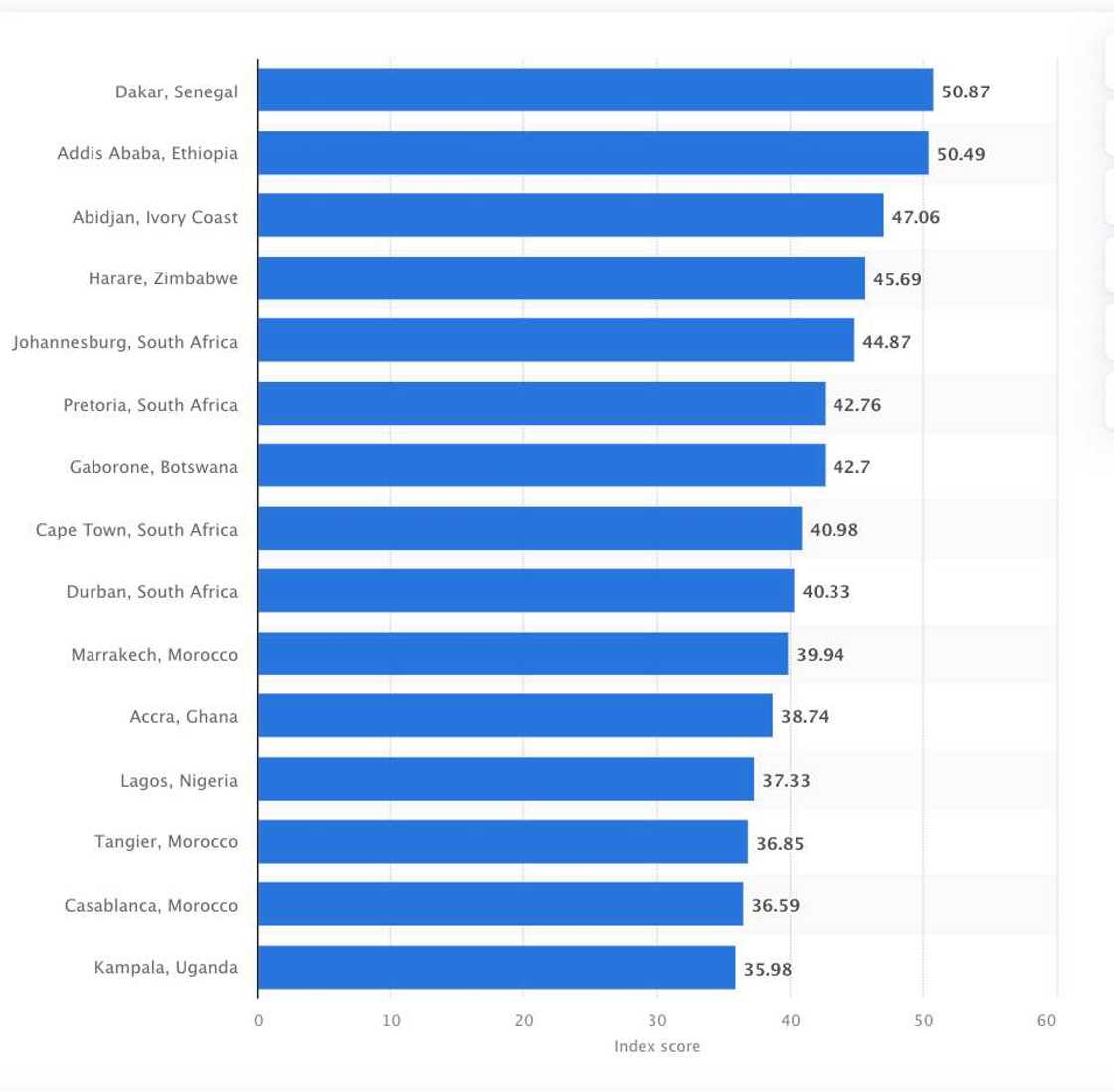
Source: Facebook
Life is getting tougher for Nigerians
Over the past year, the price of basic food items sold in Lagos has experienced an increase. According to the National Bureau of Statistics (NBS), the average price of 1kg frozen chicken went up by 36.5 per cent to N2,483.75 in April 2022 from N1,818.75 in April 2021.
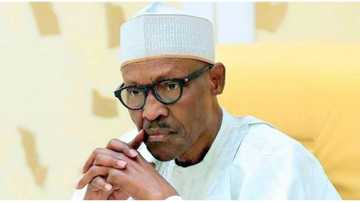
Read also
Each Nigerian now owes over N200,000 as share of national debt as it increases to N41.60trn end of March 2022
The average price of a dozen eggs went as high as N815.4 from N568.10 making a 43.53 per cent increase year on year while the price of evaporated milk peaked at N289.29 from N234.21.
Rice which is a very common meal in the state was not left out of the hit from inflation as its price soared to N676.91 per kg from N595.65 in April 2022 which is a 13.6 per cent increase year on year.
Also, the cost of cooking gas in Lagos recorded a significant increase of 83 per cent year on year, according to NBS the average price of 12.5kg of cooking gas rose from N4, 523.81 to N8, 278.13.
Transportation within the state saw a marginal rise of 1.7 per cent year-on-year to N458.82 on a daily basis per person, BusinessDay reports.
Lagos to Abuja one way ticket now goes for N60,000
Legit.ng had earlier reported how the cost of travelling by air within the country skyrocketed as of October amid an increase in the number of passengers.
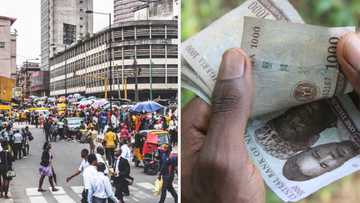
Read also
Naira falls to a new low against Dollar, Euro, Pound at official market as politics takes centre stage
Between January to June 2021, data from the National Bureau of Statistics show over 18 Nigerian airports recorded 5.27 million domestic passengers' arrival and departure traffic.
Nigeria currently has at least 31 active airports, Lagos, Abuja, and Port Harcourt record the highest passenger traffic.
Source: Legit.ng


